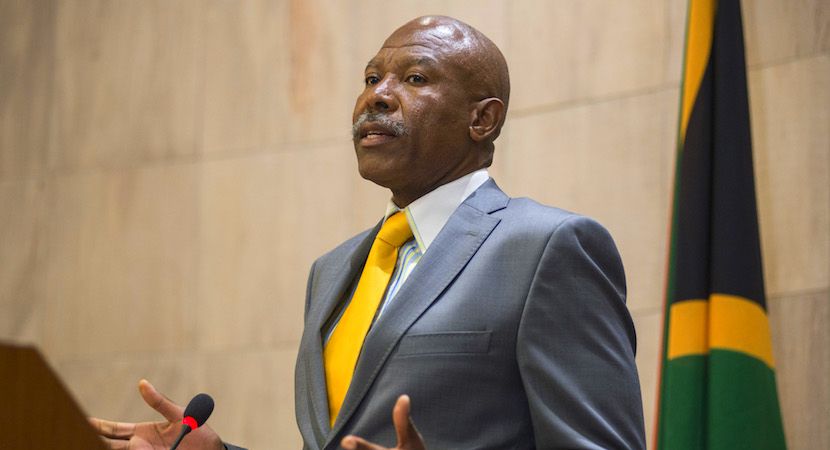How the Introduction of Rapid Payment Programme will Re-shape South Africa’s Payment System

The underlying infrastructure and services must be sufficiently competitive or contestable for markets to operate effectively. Due to the significant economies of scale involved in payment, clearing, and settlement systems, there is often a strong inclination for a high industry concentration.
Modern payment infrastructures demand a significant utilization of technology for efficiency. These efficiency improvements can typically lower the average cost per transaction and increase the number of transactions.
A payment system that combines enormous economies of scale with significant beneficial network effects usually results in “natural monopolies,” The South African Reserve Bank is working on a new Rapid Payments Programme (RPP), which might see it create a natural monopoly in South Africa’s payment space.
Payment systems that are secure and effective are essential for promoting financial stability and inclusion.
In addition, an Improved payment system can also achieve the goals of improving the effectiveness of the financial system and the economy through active payment systems. Given its significance, one of the primary focuses of the Rapid Payments Programme is the promotion of a reliable, efficient, and secure payment system.
The Rapid Payment Programme forms part of the SARB’s ‘vision 2025’ plan as an industry-led payments modernization initiative. According to SARB, BankServ Africa is collaborating with several banks to develop the technological platform that serves as the foundation of the RPP solution. Its implementation is set for the second half of 2022, but testing is still ongoing.
What the Rapid Payment Programme will Offer
SARB has noted that the RPP will offer a cost-effective instant payment service across banks when fully implemented. In addition, the channel will set up a proxy service to embed user banking details, a request to pay service, and support for several known retail payment use cases.

According to BankservAfrica CEO Jan Pilbauer, consumers won’t require a bank account number or branch code to transfer money soon. The Rapid Payment Programme will provide a more effortless transfer and payment route.
Rather than accounts, users will be able to pay someone else using a phone number or any other piece of personally-identifying information. In addition, the system should enable users to send money through instant messaging apps like WhatsApp.
“When we go live later this year, if I want to send you money, you’ll have to know my cellphone number or another alias. Then, within 10 seconds, the money will be in your store of value, and you will be able to use it right away,” said Pilbauer.
Linking with Fintechs and E-commerce
APIs enable payments to integrate with other products via underlying payment rails. Tech advancement has triggered a proliferation of new consumer-to-merchant payments networks and schemes over the past decade.
Integrating the RPP payment infrastructure with as many startups as possible will increase its effectiveness. These startups now inform the need for daily financial transactions. In addition, we now have e-commerce at our fingertips; a service like the RPP that requires less personal information will be welcome in the e-commerce space.
